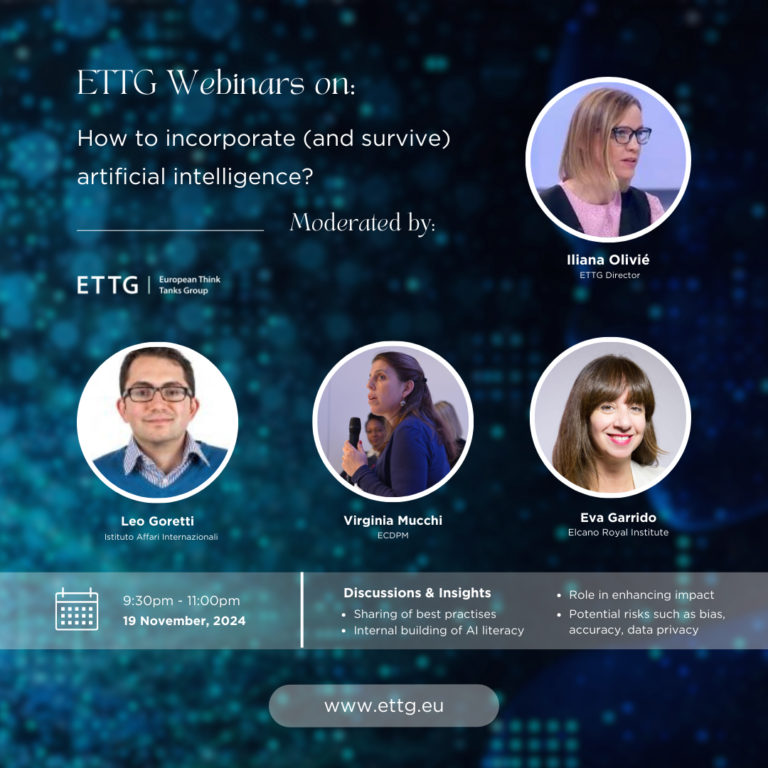
Report Presentation – Staying Engaged as Team Europe in Fragile Settings
We had the pleasure to host, alongside Enabel and GIZ Brussels an event to launch our latest collective report, “Staying Engaged as Team Europe in Fragile Settings”. The report authored by Sophie Desmidt (ECDPM), Dr. Julian Bergmann, Benedikt Erforth (German Institute of Development and Sustainability (IDOS), and Sara Gianesello (ECDPM)






